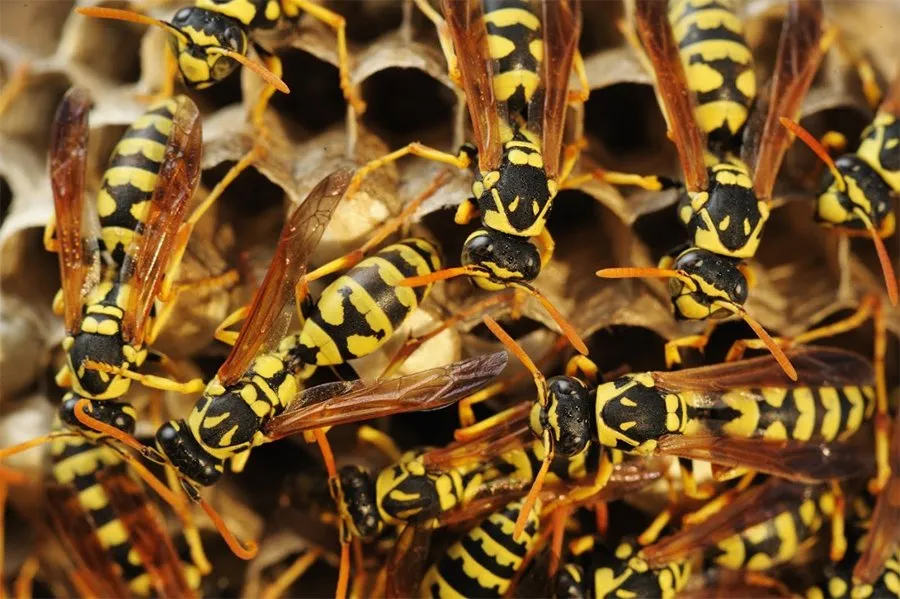What to Know About Wasps
Of all pests, the ones that sting are often the most feared by humans. Wasps are no exception. Here is what homeowners should know about these insects and a look at the four types of wasps commonly found in Indiana.
What Good Are Wasps?
You can easily assume that insects that cause disease to, bite, or sting humans are bad and have no redeemable qualities, but most insects have a use. People forgive bees as they are known pollinators, but what about wasps?
Most people aren't aware that many wasp species are omnivores. Adult wasps don’t just look for nectar and sugar. Instead, they often look for insects to feed their babies.
Without wasps, your yard might have too many insects and arachnids. Wasps can also be beneficial to gardeners and the agricultural industry. And while pollination may not be their primary task, they still serve as pollinators as they go about their business.
Why Do Wasps Sting?
Wasps sting other insects to subdue or kill their prey. They also sting to protect their nest from a perceived threat, even if the threat isn't real. Some wasp species are quite aggressive, and unlike honeybees, wasps can sting repeatedly.
Additionally, like bees, wasps can alert the troops with pheromones if they sense a threat. This is a chemical call to their colony that they are under attack, and they will come out of seemingly nowhere to mount a defense. The ability to sting multiple times, their aggressive tendencies, and their ability to rally the nest to attack are the characteristics that makes wasps dangerous to humans.
What Kinds of Wasps Are Found in Indiana?
Four different types of wasps are commonly found in Indiana. Some are more dangerous than others.
Yellow Jacket
Yellow jackets are ground-dwelling. Rather than build a hive above ground, they build subterranean nests. They often use holes burrowed by rodents to build their nests. In late summer and early autumn, they often scavenge for food, including meat, ripe fruits, and garbage left by humans. This is why yellow jackets are seen at picnics.
If you see yellow jackets coming out of a hole in your yard, it is best to call a pest control expert. Do not attempt to eradicate them on your own as this can be dangerous. Remember, wasps who feel threatened will attack in a swarm.
Giant Hornet
As their name indicates, the giant hornet is a large wasp. They are typically yellow and black but may be white and black. Giant hornets build their colonies inside the walls of buildings. These colonies can be huge. Homeowners should call a professional as an attack by a swarm of giant hornets could prove fatal. You need a professional exterminator to completely and safely eradicate them.
Bald-Faced Hornets
Bald-faced hornets chew wood fibers to make their nests. When they mix this cellulose with their saliva, they make a paper-like substance to create pear-shaped nests. These nests are often found hanging in trees or in rafters. Like the giant hornet, these colonies can become quite large. For human safety, a pest control expert should deal with bald-faced hornet colonies.
Paper Wasps
These smaller wasps also produce smaller colonies than other wasps. The paper wasp is also not as aggressive. As wasps can be beneficial, paper wasps can generally be left alone unless they are too close to human activity.
Are you worried about a wasp colony that is getting too large or too close for comfort? Do you want to keep your family safe from flying menaces in your yard?
Contact us today to schedule an appointment.










